“Molon Labe” is an exhortation that never loses its relevance. Its message can be summarized in two words: fight and...
- There are no more items in your cart
- Shipping
- Total zł0.00
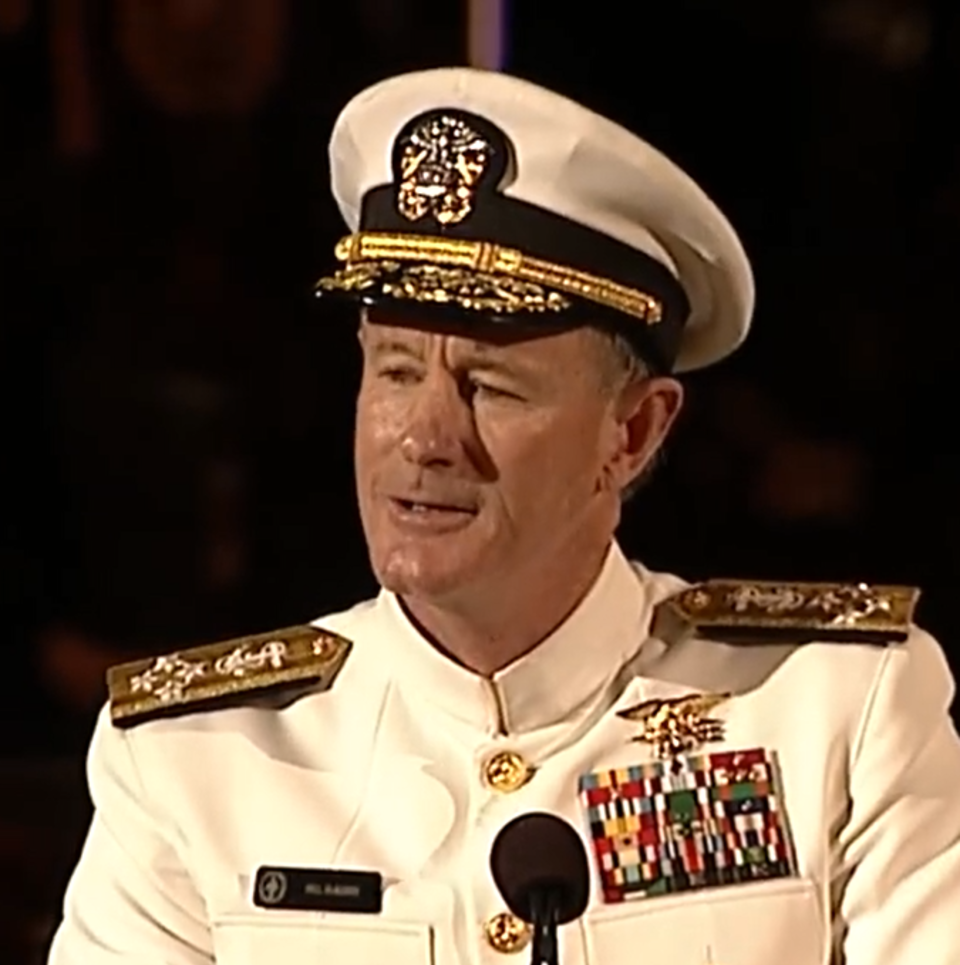
Admiral William Mcraven speech
So what? You want to be the master of the world, doing whatever you want and whatever you feel like doing? Well, go for it, get up at 4:00 am and the world is yours...until others get up.
Life is a team game, and you can't get through it completely alone, but we can change it together, we have an impact on many things that affect us.
So would you like to change something in your life? "...changing the world can happen anywhere and anyone can do it. So, what starts here can indeed change the world, but the question is — what will the world look like after you change it?"
Learn 10 lessons from Naval Admiral William McRaven. Lessons learned directly from basic SEAL training that I hope will also be valuable to you as you move forward through life.
William McRaven is a retired United States Navy four-star admiral who served as the ninth commander of the United States Special Operations Command (SOCOM) from August 8, 2011 to August 28, 2014. From 2015 to 2018, he was the chancellor of The University of Texas System.
“Start each day with a task completed. Find someone to help you through life. Respect everyone. Know that life is not fair and that you will fail often. But if take you take some risks, step up when the times are toughest, face down the bullies, lift up the downtrodden and never, ever give up — if you do these things, then the next generation and the generations that follow will live in a world far better than the one we have today.”
Part 1.
1. Every morning in basic SEAL training, my instructors, who at the time were all Vietnam veterans, would show up in my barracks room and the first thing they would inspect was your bed. If you did it right, the corners would be square, the covers pulled tight, the pillow centered just under the headboard and the extra blanket folded neatly at the foot of the rack — that’s Navy talk for bed.
It was a simple task — mundane at best. But every morning we were required to make our bed to perfection. It seemed a little ridiculous at the time, particularly in light of the fact that were aspiring to be real warriors, tough battle-hardened SEALs, but the wisdom of this simple act has been proven to me many times over.
If you make your bed every morning you will have accomplished the first task of the day. It will give you a small sense of pride, and it will encourage you to do another task and another and another. By the end of the day, that one task completed will have turned into many tasks completed. Making your bed will also reinforce the fact that little things in life matter. If you can’t do the little things right, you will never do the big things right.
And, if by chance you have a miserable day, you will come home to a bed that is made — that you made — and a made bed gives you encouragement that tomorrow will be better.
If you want to change the world, start off by making your bed.
2. During SEAL training the students are broken down into boat crews. Each crew is seven students — three on each side of a small rubber boat and one coxswain to help guide the dingy. Every day your boat crew forms up on the beach and is instructed to get through the surfzone and paddle several miles down the coast. In the winter, the surf off San Diego can get to be 8 to 10 feet high and it is exceedingly difficult to paddle through the plunging surf unless everyone digs in. Every paddle must be synchronized to the stroke count of the coxswain. Everyone must exert equal effort or the boat will turn against the wave and be unceremoniously tossed back on the beach.
For the boat to make it to its destination, everyone must paddle. You can’t change the world alone — you will need some help — and to truly get from your starting point to your destination takes friends, colleagues, the good will of strangers and a strong coxswain to guide them.
If you want to change the world, find someone to help you paddle.
3. Over a few weeks of difficult training my SEAL class, which started with 150 men, was down to just 35. There were now six boat crews of seven men each. I was in the boat with the tall guys, but the best boat crew we had was made up of the the little guys — the munchkin crew we called them — no one was over about five-foot-five.
The munchkin boat crew had one American Indian, one African American, one Polish American, one Greek American, one Italian American, and two tough kids from the midwest. They out-paddled, out-ran and out-swam all the other boat crews. The big men in the other boat crews would always make good-natured fun of the tiny little flippers the munchkins put on their tiny little feet prior to every swim. But somehow these little guys, from every corner of the nation and the world, always had the last laugh — swimming faster than everyone and reaching the shore long before the rest of us.
SEAL training was a great equalizer. Nothing mattered but your will to succeed. Not your color, not your ethnic background, not your education and not your social status.
If you want to change the world, measure a person by the size of their heart, not the size of their flippers.
4. Several times a week, the instructors would line up the class and do a uniform inspection. It was exceptionally thorough. Your hat had to be perfectly starched, your uniform immaculately pressed and your belt buckle shiny and void of any smudges. But it seemed that no matter how much effort you put into starching your hat, or pressing your uniform or polishing your belt buckle — it just wasn’t good enough. The instructors would find “something” wrong.
For failing the uniform inspection, the student had to run, fully clothed into the surfzone and then, wet from head to toe, roll around on the beach until every part of your body was covered with sand. The effect was known as a “sugar cookie.” You stayed in that uniform the rest of the day — cold, wet and sandy.
There were many a student who just couldn’t accept the fact that all their effort was in vain. That no matter how hard they tried to get the uniform right, it was unappreciated. Those students didn’t make it through training. Those students didn’t understand the purpose of the drill. You were never going to succeed. You were never going to have a perfect uniform.
Sometimes no matter how well you prepare or how well you perform you still end up as a sugar cookie. It’s just the way life is sometimes.
If you want to change the world get over being a sugar cookie and keep moving forward.
5. Every day during training you were challenged with multiple physical events — long runs, long swims, obstacle courses, hours of calisthenics — something designed to test your mettle. Every event had standards — times you had to meet. If you failed to meet those standards your name was posted on a list, and at the end of the day those on the list were invited to a “circus.” A circus was two hours of additional calisthenics designed to wear you down, to break your spirit, to force you to quit.
No one wanted a circus.
A circus meant that for that day you didn’t measure up. A circus meant more fatigue — and more fatigue meant that the following day would be more difficult — and more circuses were likely. But at some time during SEAL training, everyone — everyone — made the circus list.
But an interesting thing happened to those who were constantly on the list. Over time those students — who did two hours of extra calisthenics — got stronger and stronger. The pain of the circuses built inner strength, built physical resiliency.
Life is filled with circuses. You will fail. You will likely fail often. It will be painful. It will be discouraging. At times it will test you to your very core.
But if you want to change the world, don’t be afraid of the circuses.
Source: The University of Texas at Austin
Admiral McRaven addresses the University of Texas at Austin Class of 2014

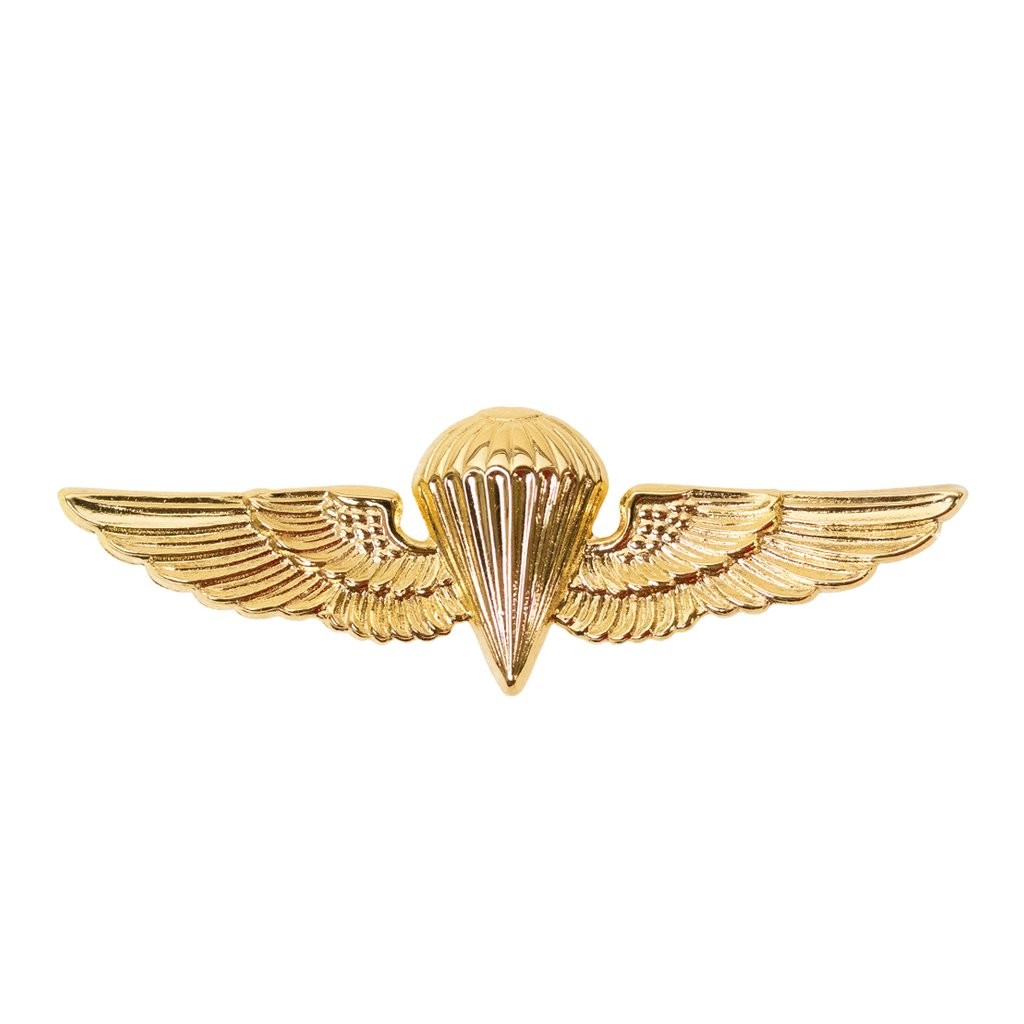

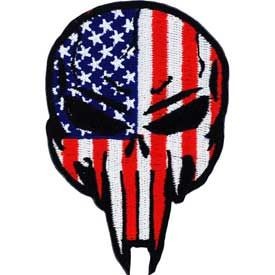
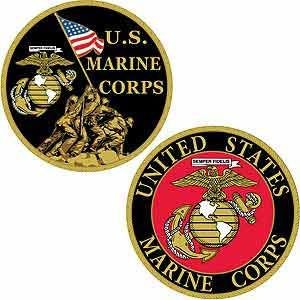

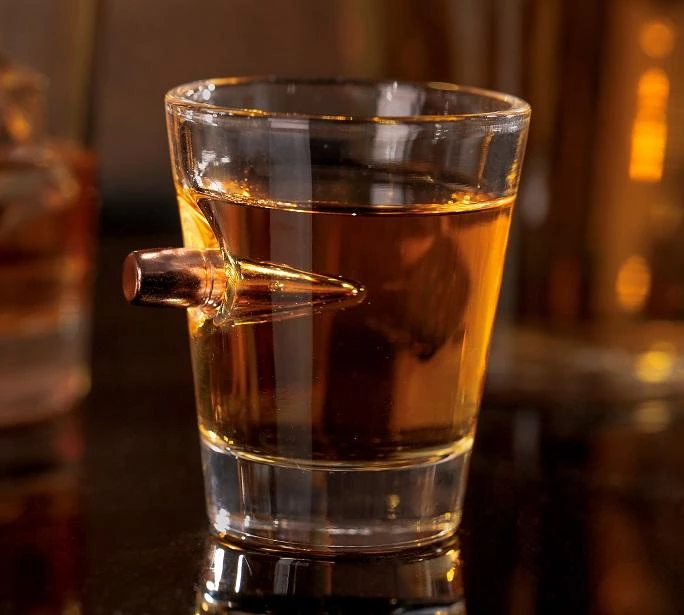

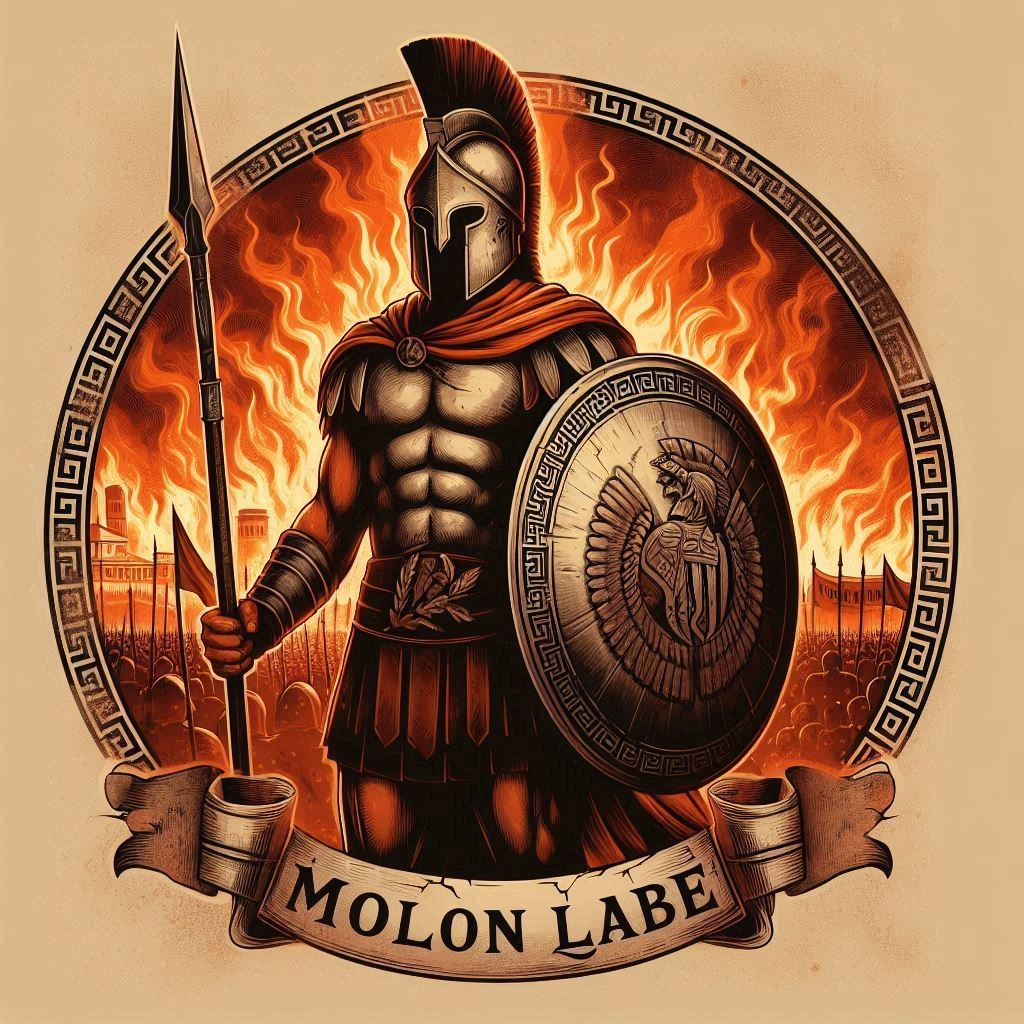
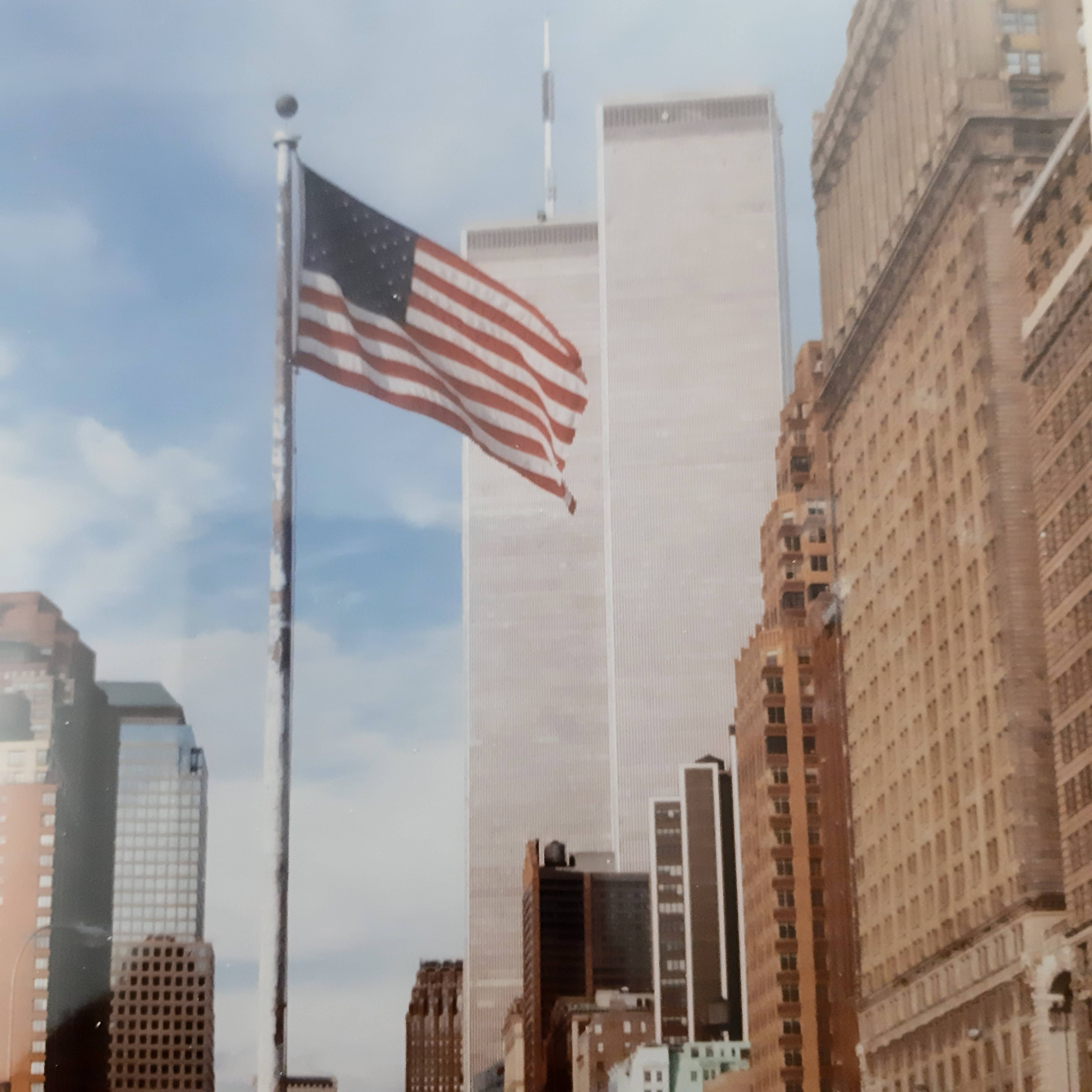
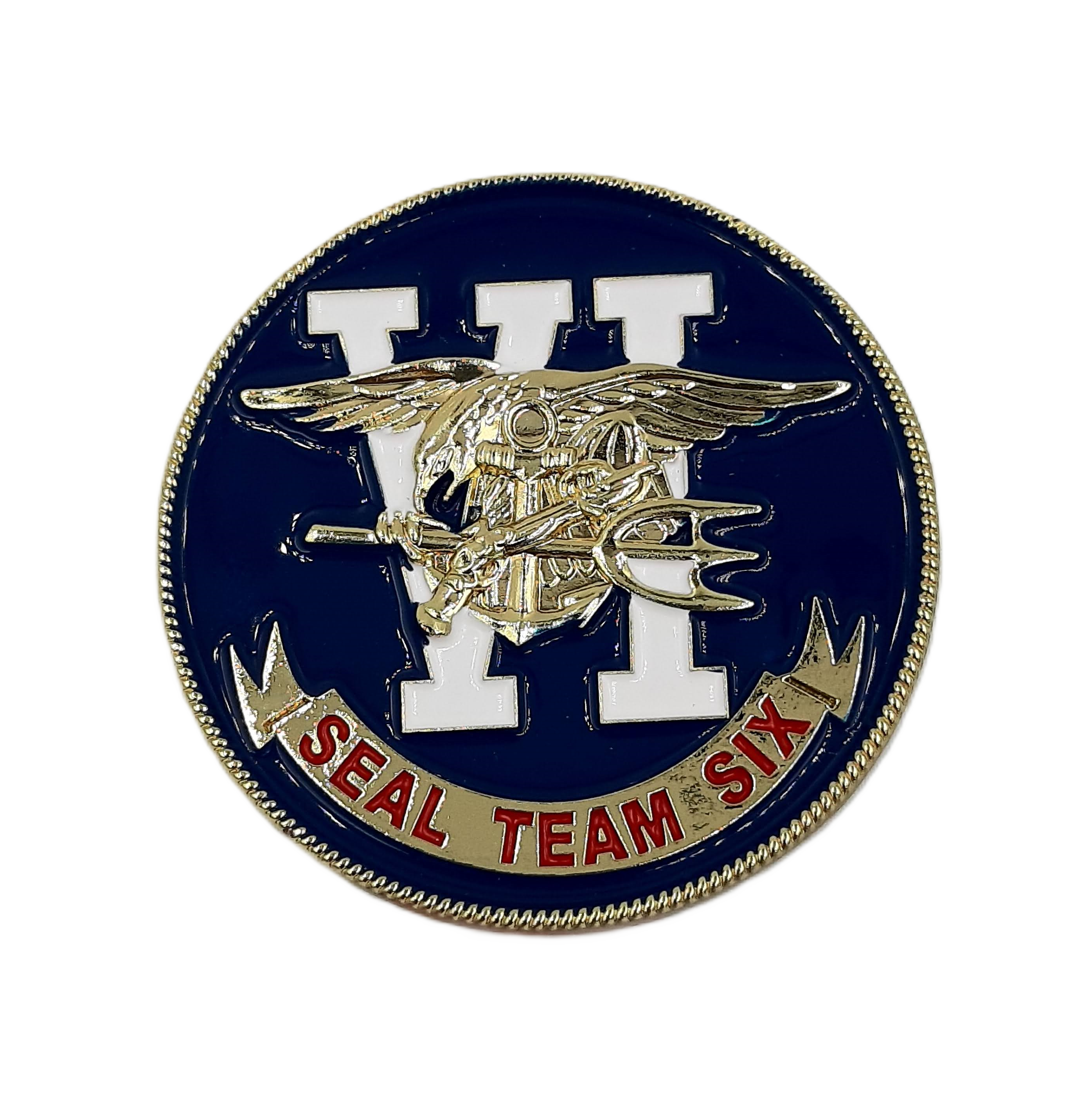

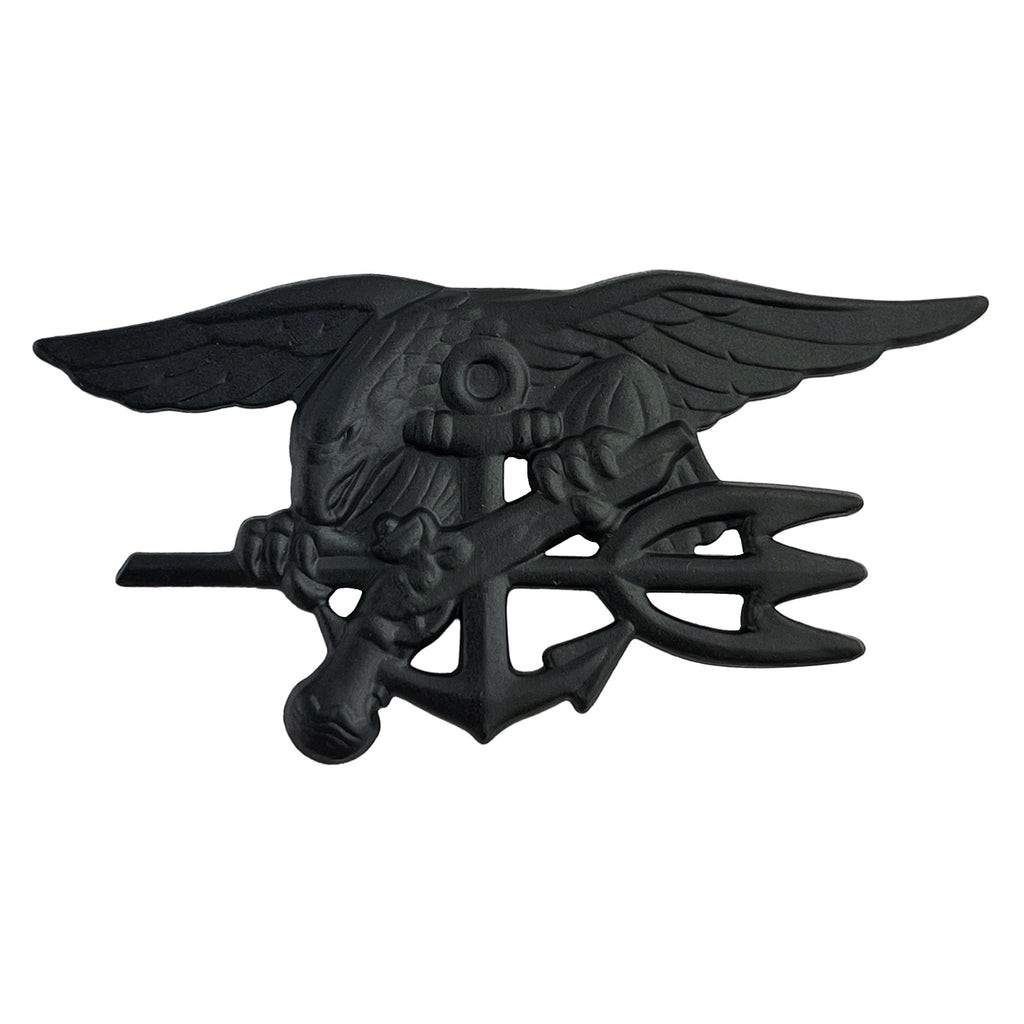
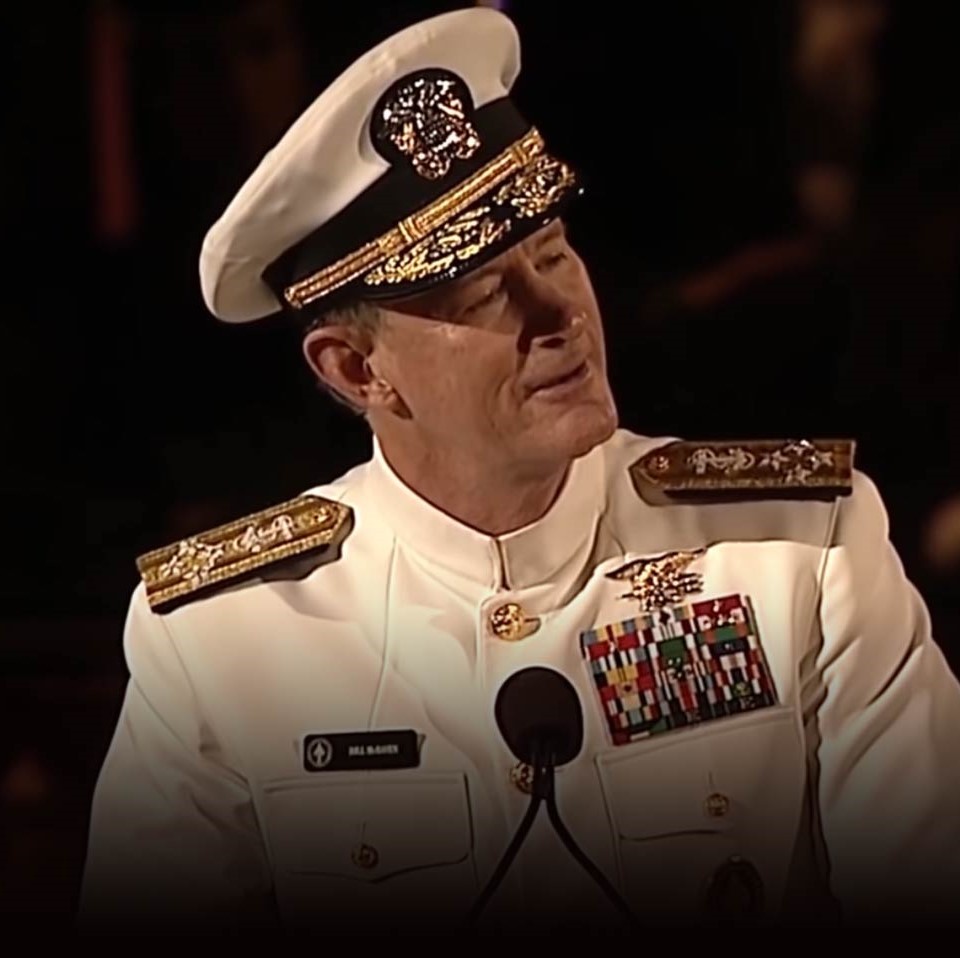
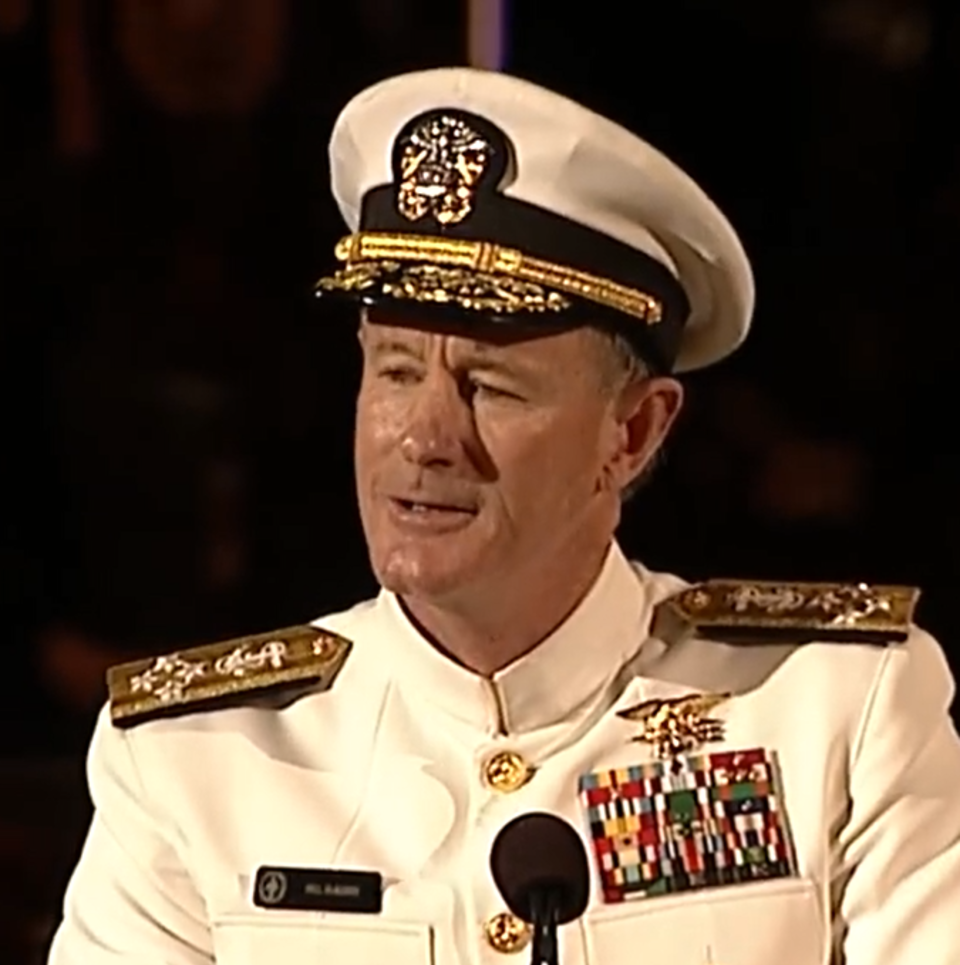
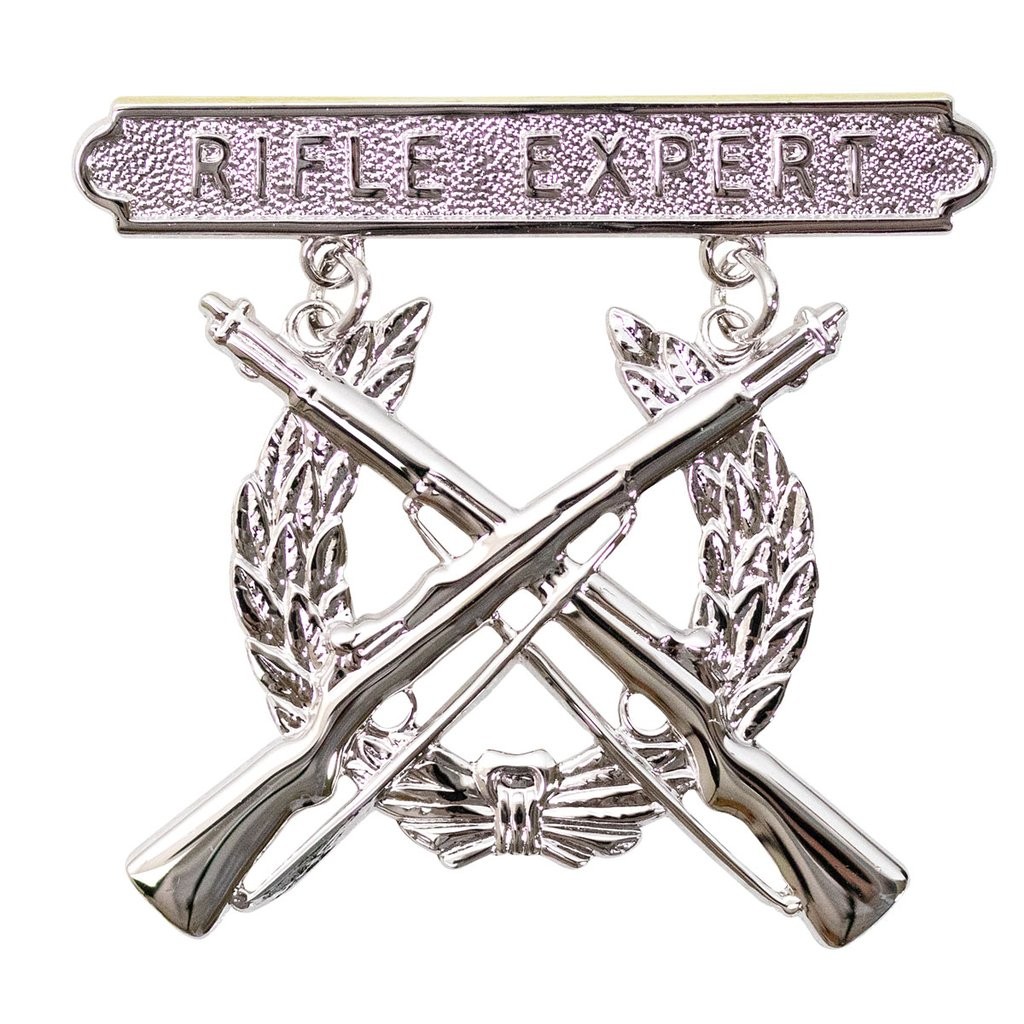
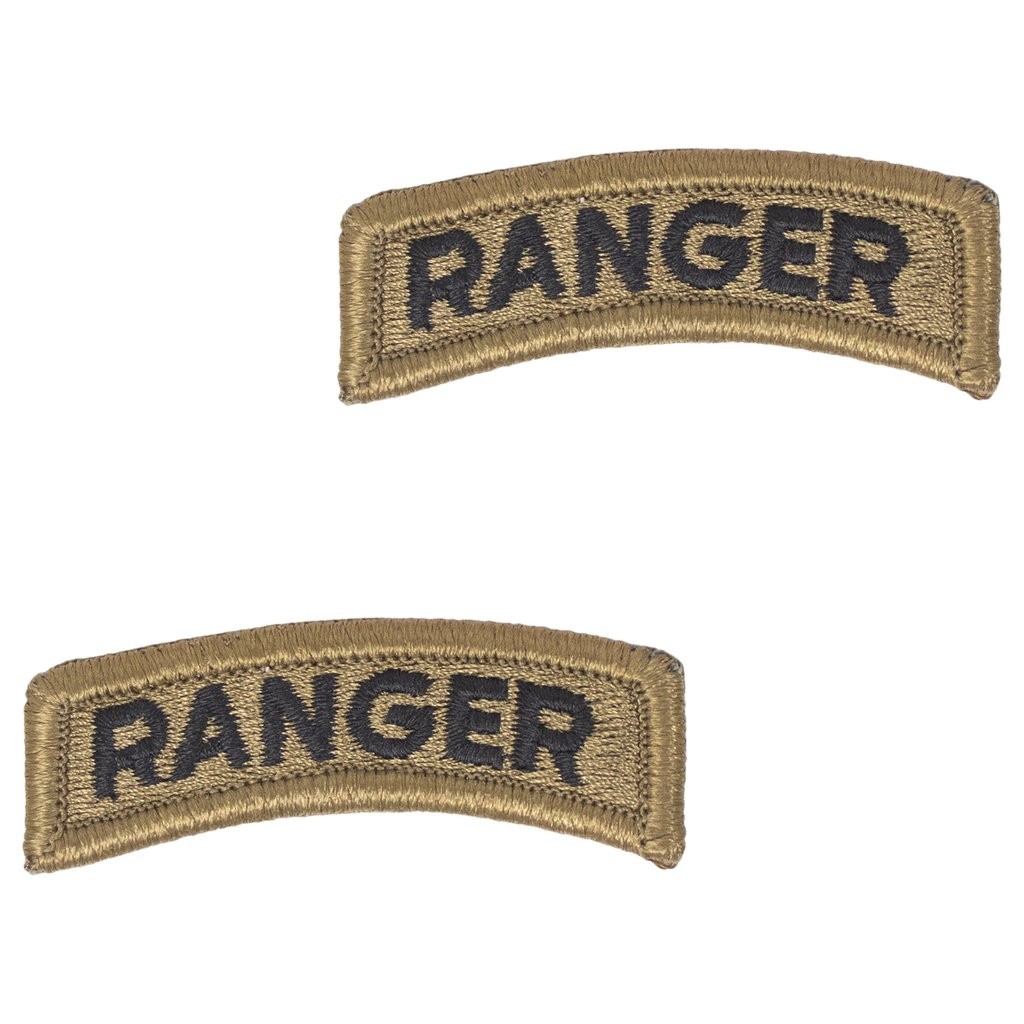
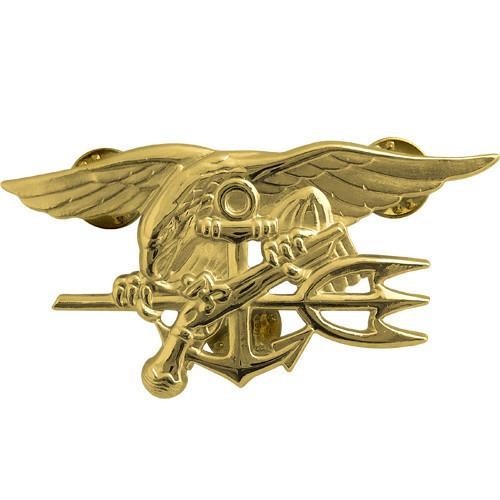

Leave a comment